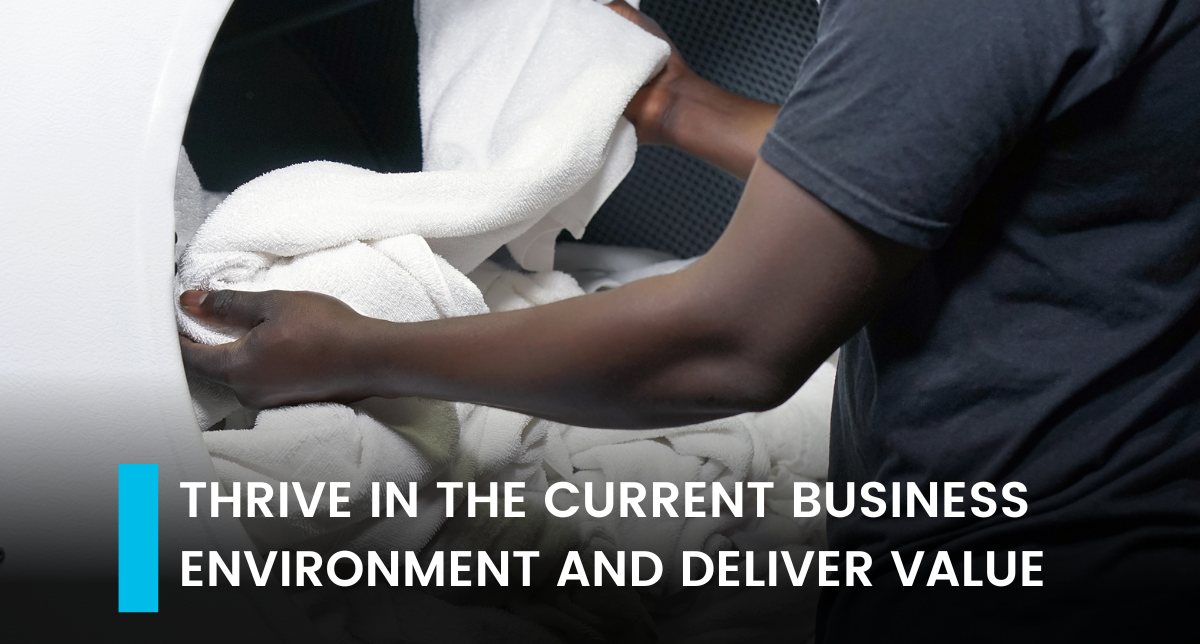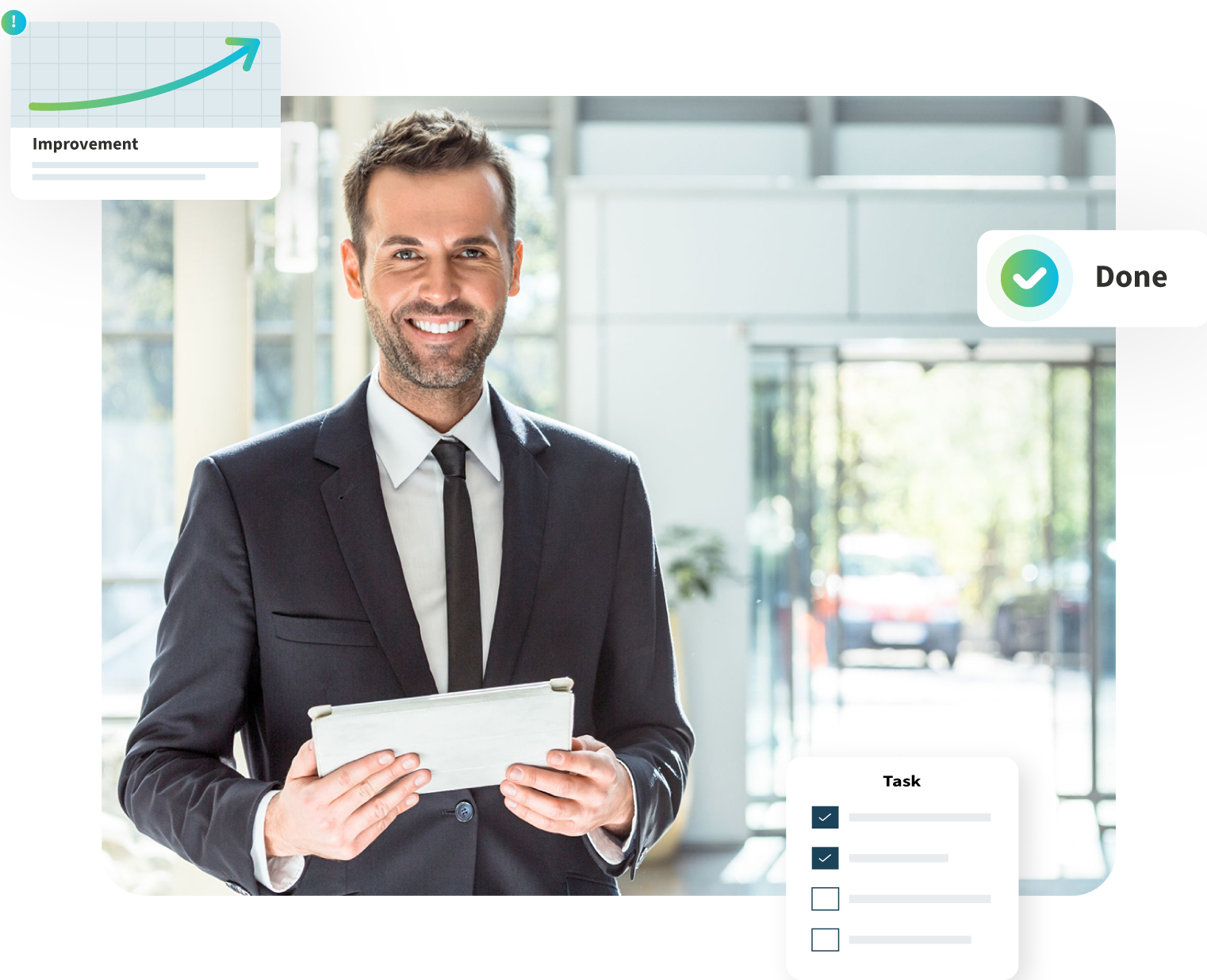Adapting to a new environment can be challenging, especially in the hospitality industry where trends and consumer behaviors are constantly evolving. With the recent changes in the business environment and travel market due to the pandemic, it has become even more critical for global hospitality companies to re-evaluate their strategies and find ways to deliver value to their shareholders.
Analyze
One of the first steps in adapting to a new environment is to analyze the current situation and identify the changes that have occurred. For instance, with the pandemic, there has been a shift in consumer behaviors, with more people looking for outdoor experiences, staycations, and flexible booking policies. Companies need to take these changes into account and adjust their strategies to meet the new demands of their customers.
One approach to delivering value to shareholders during these turbulent times is to focus on operational efficiencies. Rates have been pushed as high as they can go, so companies need to look for ways to increase revenue without increasing costs. This may involve streamlining operations, optimizing staffing levels, and investing in technology to improve productivity and customer service.
Explore New Revenue Streams
Another way to adapt to the new environment is to explore new revenue streams. For example, some companies have started offering work from hotel packages, catering to the growing demand for remote work and flexible office spaces. Others have started partnering with local businesses to offer curated experiences that showcase the best of the destination and support the local economy.
Be Agile






